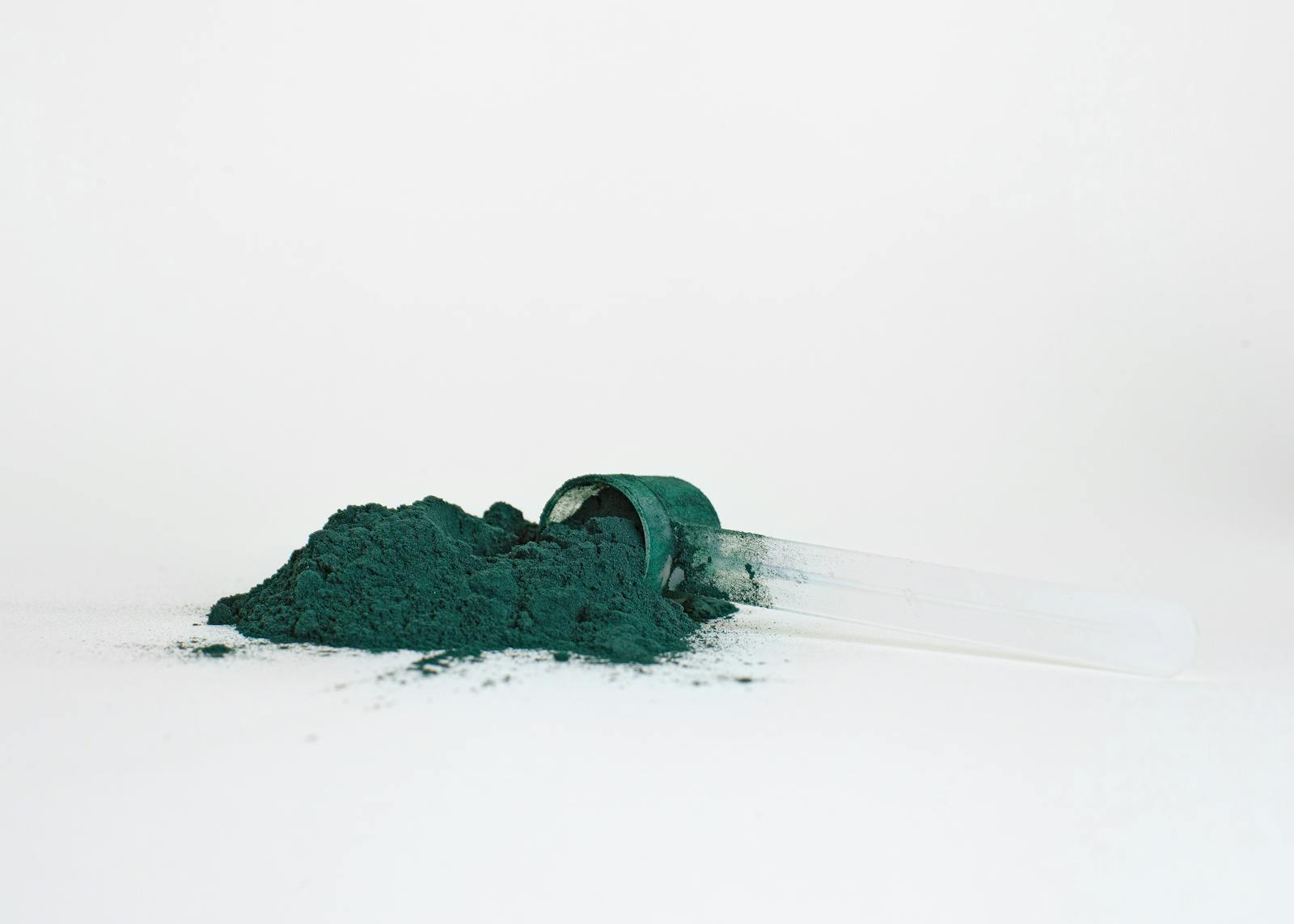What matters most in a sports protein
For athletes, the basics are non-negotiable: at least ~20 g protein per serving and ideally ~2 g leucine to stimulate muscle protein synthesis. Minimal added sugars and simple, transparent ingredient lists reduce GI risk around training. Third-party testing (NSF, Informed Sport, BSCG) is essential for drug-tested athletes.
Whey vs plant — what to consider
Whey isolates or isolate/concentrate blends offer quick absorption and a strong amino-acid profile. Plant proteins should combine complementary sources (pea+rice, soy blends) to cover essential amino acids; enzymes can help with digestion. Avoid powders with carrageenan, sugar alcohols or certain artificial sweeteners if you train hard and are sensitive to GI upset.
Top picks — drug-tested athletes
For athletes who must pass doping tests, the article lists NSF/Informed Sport certified brands that meet strict testing standards: Ascent, BioSteel, BiPro, Garden of Life Sport, Klean Athlete, Ladder, Momentous, NOW Sports, Promix (plant), Ritual 18+ (plant), Thorne, Vega Sport, and others noted in the original review. These products are singled out for both ingredient quality and certification.
Top picks — active individuals
For non drug-tested people, the review adds practical options such as Be Well by Kelly (beef protein), Naked Nutrition, Ora Organics, Puori, Promix, SunWarrior and others — choices that balance protein quality with cost and ingredient transparency.
How to use your powder effectively
Use protein powders to hit daily protein targets (e.g., 1.4–2.0 g/kg for athletes depending on goals), as an easy post-workout option, or to shore up meals when whole-food protein is not available. Always check for third-party testing if you compete, read labels for added sugars or problematic ingredients, and test new formulas in training rather than on game day to avoid GI surprises.
Bottom line: pick a product that delivers the protein dose and amino-acid profile you need, is free of unnecessary fillers, and — if you’re tested — carries recognized third-party certification. The brands listed above meet those criteria in the original dietitian’s review.




